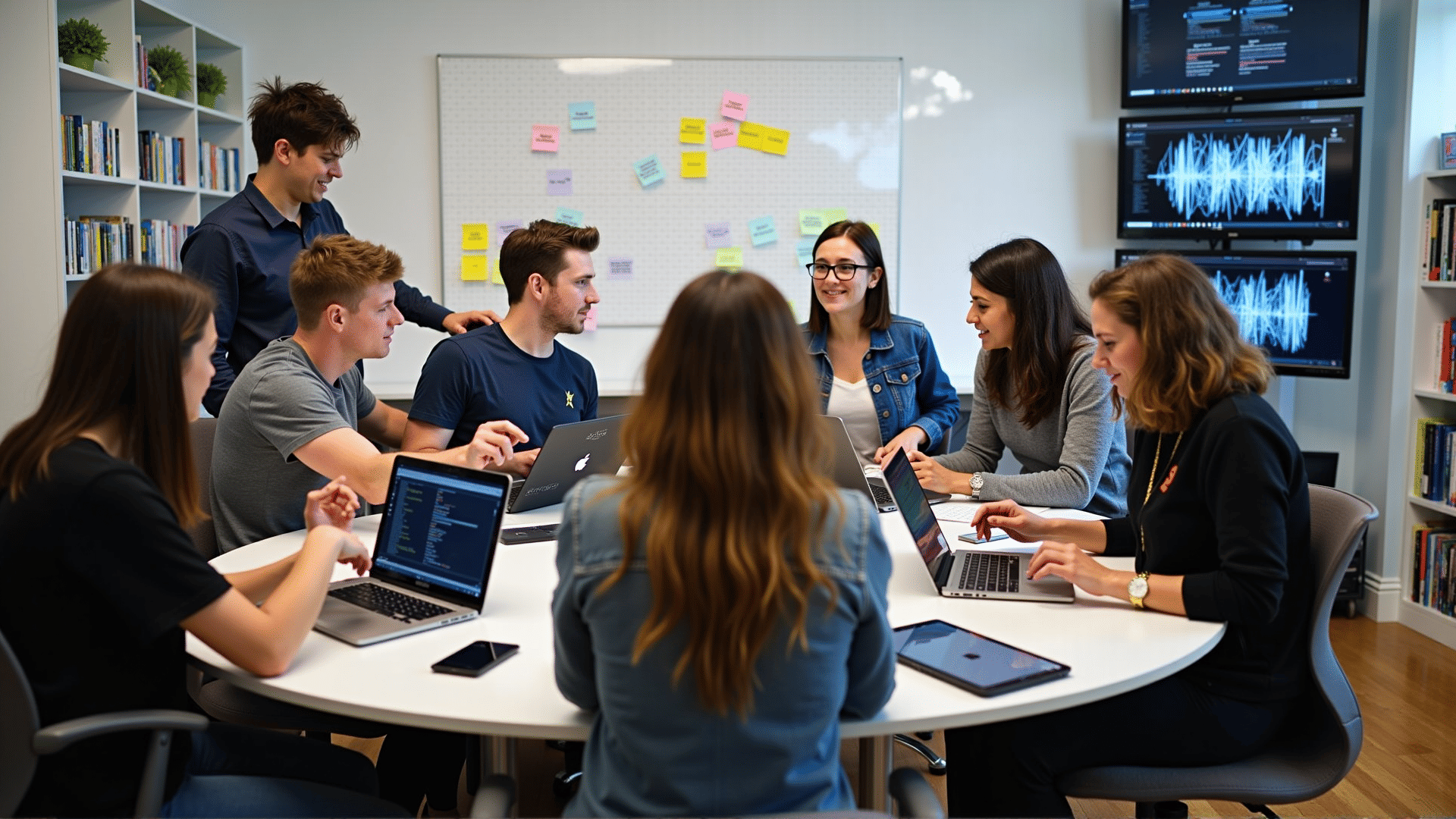In today's rapidly evolving tech landscape, the demand for skilled developers is at an all-time high. Stepping into this vibrant industry often requires more than just an interest in coding; it demands experience and expertise. Enter programming bootcamps, an educational phenomenon that has redefined how individuals transition from novices to proficient developers in a fraction of the time traditional education would require.
The journey within a programming bootcamp is akin to an accelerated learning expedition. Typically, these bootcamps are intensive, immersive programs lasting anywhere from a few weeks to a couple of months and are designed with a clear objective: transforming motivated individuals into job-ready developers in a short span of time.
The adventure begins with foundational training. For most students, the initial encounter with coding languages and concepts is daunting yet exhilarating. Bootcamps often start with the basics, ensuring everyone, regardless of prior experience, has a solid grounding. Students engage in hands-on learning from day one, often coding their first applications within the initial week. This practical approach helps demystify coding languages like Python, JavaScript, and Ruby, making them accessible to beginners and igniting a passion for more complex problem-solving feats in the ensuing weeks.
As students advance, bootcamps introduce more sophisticated topics. At this stage, individuals become familiar with algorithms, data structures, and version control systems, essential tools for any developer. This phase is vital, as it provides students the opportunity to understand not just the 'how' but also the 'why' behind programming processes, reinforcing critical thinking and innovation.
Collaboration and real-world application are integral to the bootcamp experience. Projects often simulate real-world scenarios where students work in teams, mirroring professional environments. These teamwork exercises are crucial as they cultivate skills in communication, collaboration, and conflict resolution—capabilities that are just as important as technical expertise in the workforce. Throughout these projects, students utilize agile methodologies, preparing them for the dynamic, fast-paced nature of actual tech projects.
Mentorship is another cornerstone of the bootcamp experience. With smaller class sizes, students receive personalized attention from instructors who are often industry veterans. This mentor-student relationship is key to navigating the inevitable challenges that arise during the learning process. Instructors provide not only technical guidance but also career advice, equipping students with the tools to make informed decisions about their futures.
As bootcamp programs near completion, the focus shifts toward career preparation. This final stage bridges the gap between learning and employment, where students refine their interview techniques and build portfolios that showcase their projects and skills. Mock interviews, resume workshops, and networking opportunities are all designed to launch graduates into the job market with confidence.
The transformation from beginner to professional is nothing short of remarkable, with many bootcamp alumni securing jobs within months of completing their programs. Graduates emerge with not only the technical skills required by employers but also a mindset of lifelong learning. In an industry characterized by continuous change, the ability to swiftly adapt and upskill is invaluable.
In conclusion, programming bootcamps offer a unique and compelling path into tech careers. While intensive and challenging, these programs cultivate not just programmers, but well-rounded professionals ready to tackle the industry's demands. Through a combination of rigorous training, hands-on projects, and career coaching, bootcamp graduates are well-equipped to navigate the initial stages of their tech careers and beyond, setting the foundation for a lifetime of exploration and development in the vibrant world of technology.
